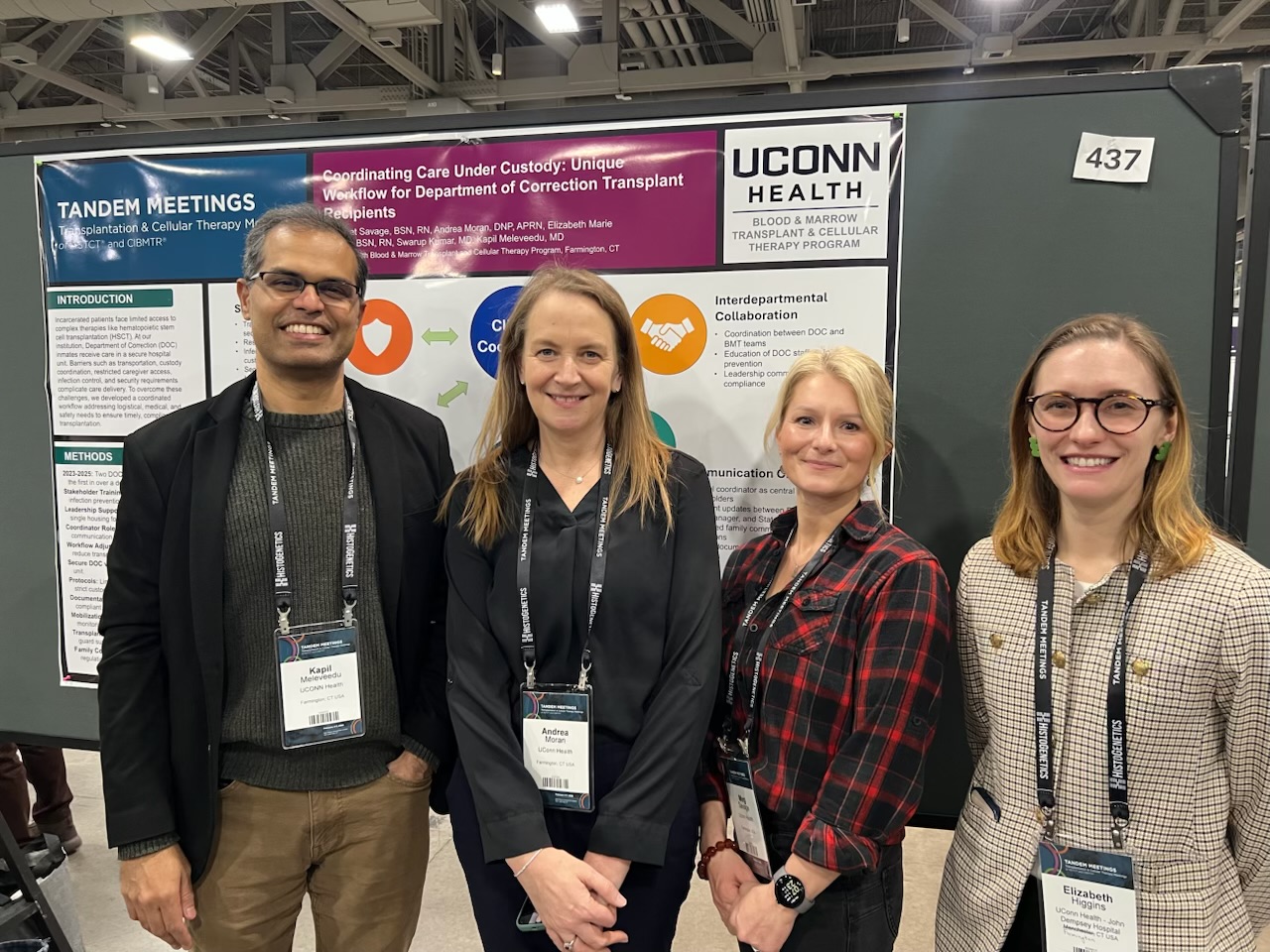Dr. Lei Wang, assistant professor of Electrical & Computer Engineering, has received a coveted National Science Foundation Early Career Development (CAREER) Award for research aimed at enhancing the sustainability of cyber-aquatic systems used, for example, in marine ecosystem observation, pollution monitoring, coastline protection, disaster prevention, and national security surveillance.
The five-year, $486,919 award is funded under NSF’s Division of Computer and Network Systems.
 Dr. Wang’s CAREER research will involve several challenges relating to cyber-aquatic systems, which rely upon dedicated digital signal processors (DSP) for the real-time sensing, computing, communication and control functions. He explained that DSPs pose significant challenges for sustainable signal processing in underwater applications, due to the high communication costs and a limited supply of steady, reliable energy in the corrosive underwater environment.
Dr. Wang’s CAREER research will involve several challenges relating to cyber-aquatic systems, which rely upon dedicated digital signal processors (DSP) for the real-time sensing, computing, communication and control functions. He explained that DSPs pose significant challenges for sustainable signal processing in underwater applications, due to the high communication costs and a limited supply of steady, reliable energy in the corrosive underwater environment.
While most portable electronic devices are powered by batteries, static energy sources, Dr. Wang said that for certain applications — including wireless sensor networks and in-body devices — a dynamic, inexpensive and maintenance-free energy source is needed. Solar radiation, wind, vibration and thermal energy are characterized as semi-deterministic energy sources whose energy production may be accurately predicted based on existing models, according to Dr. Wang.
In contrast, energy derived from biological processes and used as a feedstock in microbial fuel cells (MFCs), involves a high level of uncertainty. This uncertainty restricts the way in which MFC-produced energy may be used, he noted. Despite this limitation, MFCs are attractive energy sources for water environments due to the ready availability of biological material. “The oxygen-rich environments of oceans, lakes and rivers — rife with diverse microorganisms and nutrients — render MFCs a promising underwater energy harvesting technology,” he said.
Dr. Wang believes MFCs hold strong promise as energy systems in aquatic environments if the system implications for DSPs can be understood and effectively managed. Partnering with Civil & Environmental Engineering assistant professor Baikun Li, whose work involves the up-scaling of advanced MFCs, Dr. Wang intends to adapt the core technology to exploit bacterial metabolic activities associated with the redox reaction to generate electrical energy directly from biodegradable substrates.
One aim is to develop core enabling techniques to power various embedded microcomputers and DSPs. Dr. Wang explained, “This research will establish the fundamental principles for energy-adaptive computing paradigms, by which a unified energy-performance framework facilitates deep coupling of energy harvesting devices, hardware platforms, and computational algorithms.” In addition to MFC-generated energy, the research team will also explore ocean wave energy harvesting.
Dr. Wang joined UConn in 2004 after spending three years at the Hewlett-Packard Company, where he helped to design the first dual-core multi-threaded Itanium® Architecture Processor, a joint project between Intel and Hewlett-Packard. He received his Ph.D. from the University of Illinois at Urbana-Champaign in 2001.



